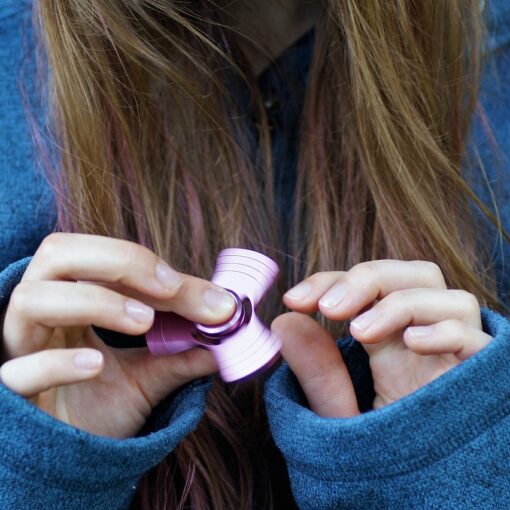While much of autism research has focused on challenges and interventions, a groundbreaking autistic-led study offers a welcome shift in perspective. In the participatory research project Experiences of Autistic Joy (Wassell, 2025), 86 autistic adults, predominantly women and non-binary individuals, were asked not what they struggle with, but what brings them joy.
Key Findings That Illuminate the Beauty of Being Autistic
- Joy is felt—and often deeply. A strong majority of participants reported frequent experiences of joy:
- 67% said they often experience joy.
- 94% agreed they “actively enjoy aspects of being autistic.”
- 80% felt they experience joy differently from non-autistic people.
- Four central themes emerged as sources of autistic joy:
- Autistic senses and ways of thinking: immersive flow states, sensory pleasures (textures, colors, synesthetic blending), and satisfying routines.
- Passionate interests: deep and persistent pursuits of learning, hobbies, or creative expression were powerful sources of happiness for many.
- The right environment: sensory-friendly spaces and contexts that support authenticity (without masking) are essential for experiencing joy.
- Barriers are societal, not autistic traits: discrimination, lack of accommodations, and pressure to conform often prevent joy, but the issue lies in society, not within autistic ways of being.
What This Means for Autistic Well-Being
This research reframes autism as a source of unique and profound joy, not merely a list of needs or challenges. Autistic joy is real, diverse, and deeply rooted in individual neurocognitive experiences. It emphasizes that true flourishing happens when autistic people can embrace their authentic selves and environments encourage, not suppress, their ways of thinking, sensing, and being.
Self-Coaching Reflection Questions
Take a few peaceful moments to sit with these questions—perhaps with pen in hand or in a quiet corner where you feel safe to explore:
- What brings me this kind of joy?
- When do I feel free to be my authentic self, without masking or expectations?
- What patterns or themes emerge in my joyful moments, and how can I honor them more intentionally?
- What environmental conditions help, or hinder, my joy?
Reference Experiences of Autistic Joy by Elliot Wassell, Disability & Society, 2025.





